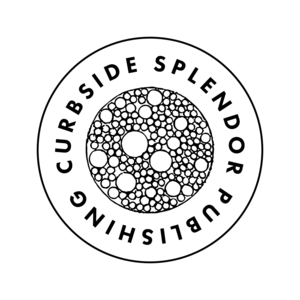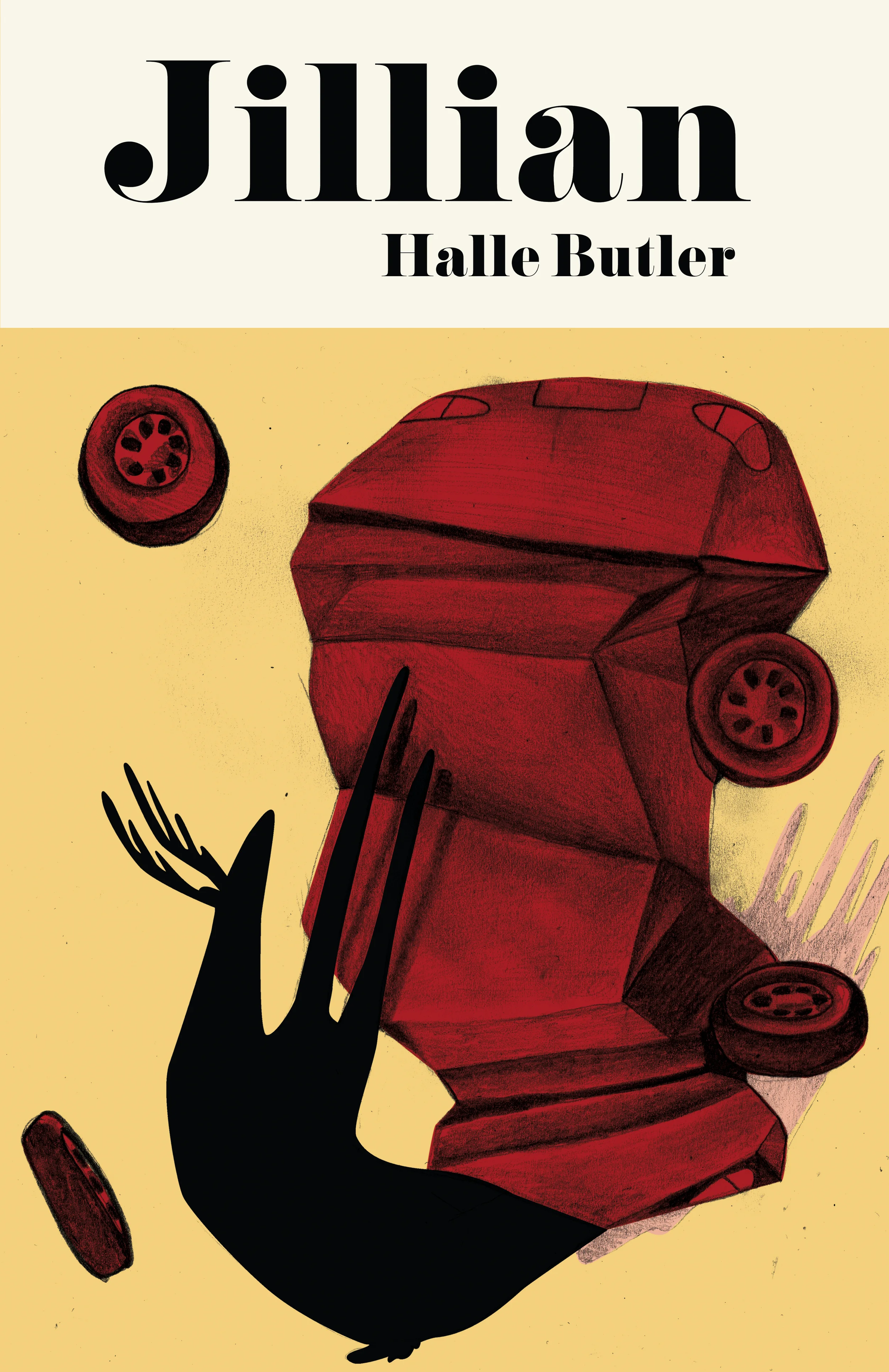What was the first moment of the story that came to you? When did you realize you were working on a novel?
Obsessive hatred of a coworker was the starting point. It’s such a universal thing. When I was writing Jillian, my friends and I were doing an above-average amount of complaining about coworkers and office dynamics. A friend of mine gave me a 20-minute speech—maybe it was even longer—about the exact way her coworker ate his yogurt. The way it smelled, the way it sounded, how he made eye-contact with her while he ate it, the rage it made her feel, the things it forced her to assume about his personal life. I felt half “What an asshole!” and half “No, my friend, you are crazy, he’s just eating yogurt.” But I really related to her. Initially, just for fun, I wanted Jillian to be an expose on horrible people—horrible coworkers and horrible arrogant acquaintances. Like The Jungle but for cranky 24-year-old women with art degrees. Obviously, that’s maybe not a great idea. It’s finger-wagging, and that’s no fun. The finger-wagging and moralizing got absorbed into the characters in a pretty natural way, and the story developed from there. I knew I was working on a novel from the start.
You co-wrote a screenplay called Crimes Against Humanity with Jerzy Rose. How is your screenwriting process different than your novel writing process? How do these processes inform each other?
Working with Jerzy on screenplays, and also with Mike Lopez who we're currently writing with, has opened me up to plotting and drafting in a pretty significant way. When you write a screenplay, you have to have everything mapped out beforehand, more or less, or else you’re likely to get lost. When you get lost or distracted writing prose, you’re building tone and making discoveries about your story, which is a really lively, fun part of the process. With screenwriting, you’re just making a fraction of a blueprint for the film. You’re thinking about tone and character, of course, but most of that thinking is done in meetings, and then you sit down and try to accomplish a very specific scene, and since you're writing collaboratively, you can’t stray too far. Although, that said, it is still writing—sometimes you do sit down and write something surprising that changes the structure and tone of the script—but I think that's rarer than it is in prose writing. Spending time talking about plot and motivation with Jerzy and Mike has definitely encouraged me to pay more attention to what I'm doing with fiction. It's made me less afraid to review in-progress rough drafts, and less afraid to map things out in more detail. I used to have an aversion to plot, which I (lazily?) justified as a preference for character pieces, but screenwriting has helped me see the necessary harmony between the two.
Are Megan and Jillian inspired by people you know in real life?
Everyone in the book is an amalgamation of two or more real-life people and my sick fantasies. So, yes and no. I did work in a doctor’s office when I was 24, and we have other similarities, but Megan isn’t strictly based on me. I definitely identify with her perspective, and I used my own experiences as a starting point for her character—but we became separate on day one. I would feel too protective of her to be honest if that weren’t the case. I’ve met and worked with people who share traits with Jillian, too, but she’s a fantasy as well. The inspiration becomes moot after a point, because the characters become real, and then you have to try to do them service. I think it's important to note, also, that Jillian's impotent and irresponsible scheming is certainly inspired by my own. Randy's chilliness is inspired by my own, Elena’s homicidal fantasies are inspired by my own, the list goes on and on. I only have my own head to work with.
A lot of writers and artists work a series of shitty jobs so they can afford to do what they love on the side. What sort of shitty jobs have you held? Any horror stories you can share?
Shitty jobs! I really hate “jobs” and always have. I like to work, if the work is meaningful, but most of the time I end up thinking “what the hell am I doing here?” There's a great bit in the Todd Haynes adaptation of Mildred Pierce (full disclosure—I'm just starting it, but it’s one of my favorite books and one of my favorite directors) where Kate Winslet runs to the bathroom to vomit after she realizes she’s really, truly just started working a uniform job as a waitress. She’s barfing out of pure injured pride. I felt a deep sense of comedic empathy with her in that moment. I worked at a summer camp, and one of my tasks was to wash the “soiled linens” of the younger campers. That was pretty literally shitty, sometimes. Last summer, I applied for work as a food truck barista. They asked for a picture with my resume. I attached some kind of pretentious nouvelle vague inspired glamour shot, assuming they were Logan Square foodies looking for someone who had cool interests (why did I think that?). They wrote back within an hour, saying they “loved my pic ;)” and clarifying that they were a Hooters-style company, and would I be “comfortable wearing a midriff and miniskirt in January?” I was like, “Oh, no, I’m sorry, thanks for your time, but no, no.” It was more ridiculous than horrifying.
What writers inspire you?
Any poor soul who has gotten drunk with me knows how I feel about Patricia Highsmith. She's the pinnacle. An under-acknowledged master. Her novel, Edith's Diary, is a perfect study of sublimated rage and diverted plans. She was too good at writing genre (Strangers on a Train, the Ripley series), so her writing was pigeon holed and mostly dismissed as explicitly not literary, which is a true shame. Luckily for us, she's being re-evaluated. I should also mention her writing is very funny, and very brutal.


